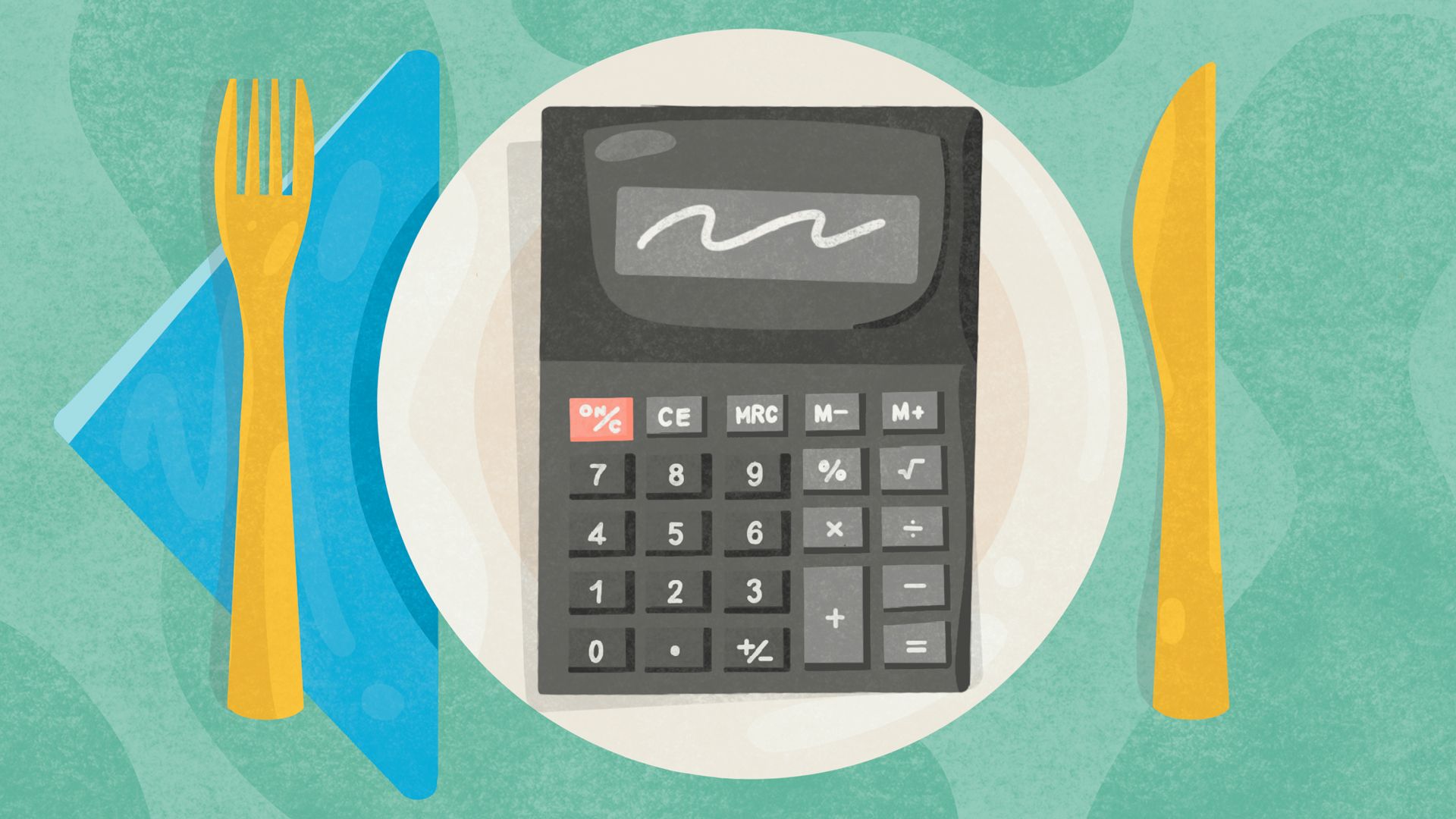Calories are the total number of calories, or “energy,” you get from all sources (carbohydrate, fat, protein, and alcohol) in a serving of a food or beverage.
A calorie deficit is when a person burns more calories than they consume, which could help them lose weight. According to the Centers for Disease Control and Prevention (CDC), a calorie deficit can be created by eating fewer calories in your diet, exercising more, or a mixture of both. The amount of calories that a person should consume to maintain their weight varies according to their age, gender, and even activity levels. There are several ways to calculate how many calories you use in a day. You can use an online calculator, you can multiply your weight (lb.) by 15, or you can use the basic metabolic rate procedure to calculate their daily calorie needs. But on average, according to the 2020–2025 dietary guidelines for Americans, females should consume about 1600–2000 calories per day and males should consume about 2000–2400 calories per day to maintain their weight. 1 pound is about 3500 calories, meaning that if you burn 3500 calories, you will lose 1 pound. So if you aim to create a daily calorie deficit of 500 calories every day, in a week you will lose 1 pound. In order to lose weight at the CDC-recommended pace of 1 to 2 pounds per week, it is recommended to cut about 500 to 1000 calories, respectively, from the daily quantity. Here are a few ways to create a calorie deficit.
1. EXERCISE MORE: An important aspect of weight loss is exercise. A person who is not active should try to increase their daily activity levels. These activities include walking, hiking, biking, playing a recreational sport, etc. A person will burn more calories if they are more physically active. As a result, they may require more calories, which may make establishing a deficit simpler.
2. EAT LESS: As discussed above, reducing your daily calorie intake over time can lead to weight loss. A person should try to consume foods that are rich in nutrients but have few calories. These types of foods include vegetables, grains, fruits, proteins, and healthy oils. They might also want to drink more water, which will keep them hydrated and replace any sugar-sweetened drinks they typically drink.
Avoid decreasing calories too much. A person should not lose more than 2 pounds a week. If a person reduces their calorie intake drastically, they won’t get the necessary nutrients and will experience health problems. Some of these health problems include getting sick frequently, a decrease in metabolism, and an increased risk of developing gallstones.

